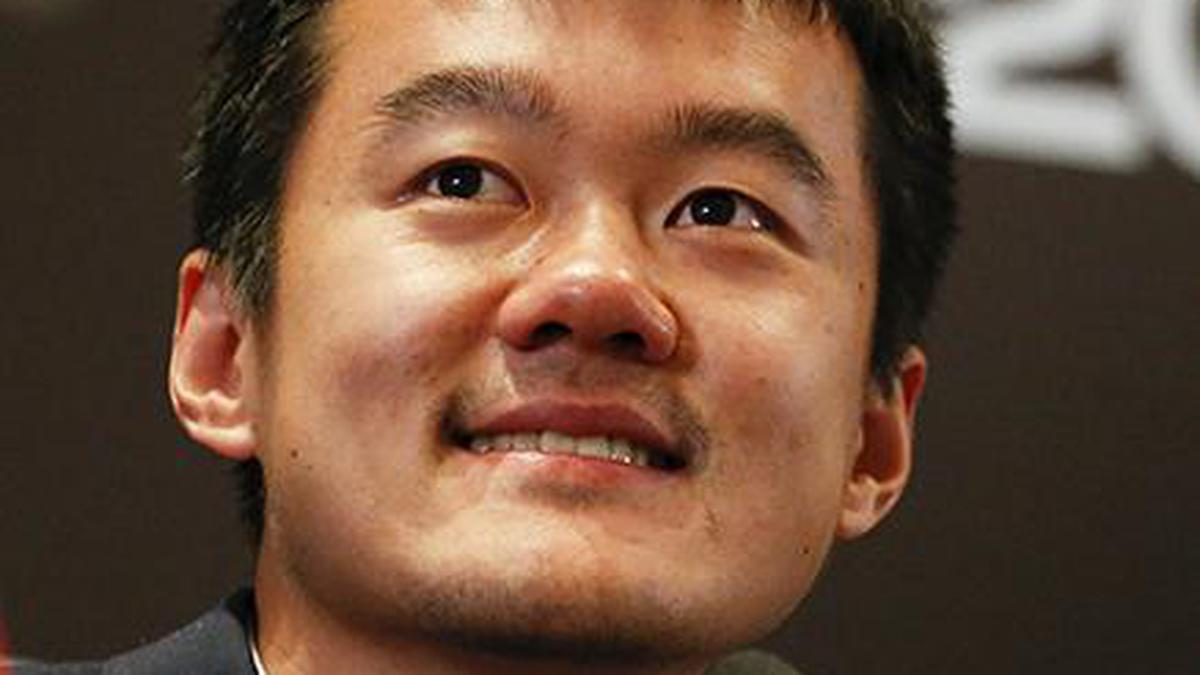Ding Liren completes China’s Big Dragon Project

Ding Liren.
| Photo Credit: AP
Tell me, Grandmaster, how can a Western European Grandmaster lose to a Chinaman?
Dutch Grandmaster and author Jan Hein Donner thus asked Gudmundur Sigurjonsson, an Icelandic player, during the Chess Olympiad at Buenos Aires in 1978, after the latter lost to Qi Jingxuan. Donner was actually trying to console Sigurjonsson, but those weren’t probably the aptest of words to do it.
China defeated Iceland 3-1 in that match, in the opening round. That was quite a shock – for that time, that is.
Today, Iceland is ranked 44th in the world, while China is third. And China holds the World title for both men and women.
Ding Liren winning the World chess championship at Astana on Sunday is perhaps the culminating point for the Big Dragon Project.
The project was proposed in 1974 by top chess officials of some Asian countries to take the game in the continent to the highest level globally. China was chosen as the first country as it was felt the potential was the most there. The main man behind the project was Dato Tan Chin Nam, the president of the Malaysian Chess Federation, wealthy businessman and philanthropist. The aim was to make Chinese chess world class by the end of the century.
If the project had been thought of earlier, China wouldn’t have been a candidate at all. Chess had been banned in China during the Cultural Revolution (1966-1976), a socio-political movement that acted against the bourgeois elements. It was only in 1974 that the ban on chess was lifted.
China, it seemed, was determined to make up for the lost time. Backed by the Chinese government and Tan, chess grew rapidly in the country.
In 1990, China won the women’s bronze medal at the Chess Olympiad. The following year, Xie Jun became the women’s World champion, ending a 64-year reign of European countries. Five other Chinese women have gone on to win the World championships. China won the women’s gold at the Chess Olympiad four times in a row, while the men won the silver once.
To go back to Donner’s question about a Grandmaster losing to a Chinaman: He found out how in that very Olympiad. He lost to China’s Liu Wenzhe.
After losing the game which is known as the Chinese Immortal, Dooner said, “Now 800 million Chinese people will know my name.”
He could not have imagined that a few decades later both the male and female World chess champions would be speaking Chinese.
For all the latest Sports News Click Here

